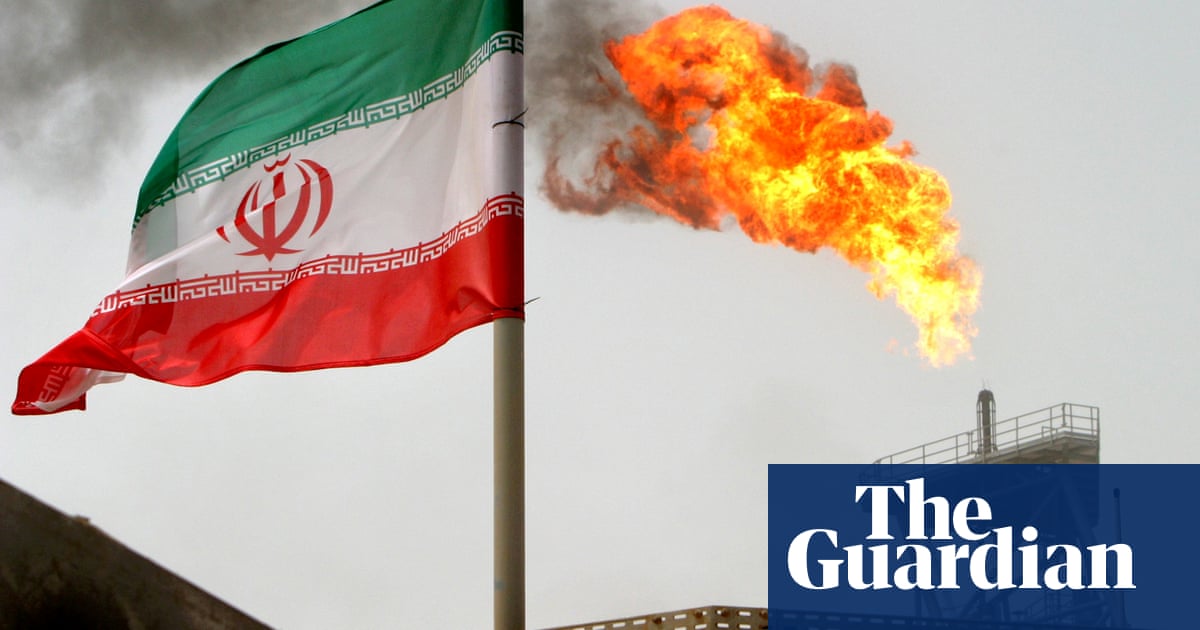Investors are on high alert as they await Israel’s response to Iran’s attack. However, oil prices dropped on Monday even as Israel’s war cabinet met to discuss its response.
The price for future delivery of a barrel of Brent crude oil, the global benchmark, dropped to $89.64 on Monday, down by 0.9% on the closing price on Friday. The price of West Texas Intermediate, the North American benchmark, fell by 0.9% to $84.90.
Iran launched more than 300 drones and missiles from its territory towards Israel over the weekend, an escalation from its previous reliance on attacks on Israel by proxies in other countries. However, the effect on markets has been more muted than the headlines might suggest.
Why has the oil price not risen after Iran’s attack on Israel?
Brent crude prices had risen to a six-month high of $92.18 a barrel on Friday after Israel’s allies warned that an Iranian attack was imminent in retaliation for an Israeli strike on an Iranian diplomatic building in Syria. However, the advance warning allowed Israel and its allies to destroy all but a handful of the missiles, leading some analysts to conclude that it may not mark the start of a new war.
Bob Savage, the head of markets strategy and insights at BNY Mellon, an investment bank, said that even as prices rose for oil and supposed investment “safe havens”, particularly gold, there was “hope that this attack is just a one-off”.
The attacks have not so far had any effect on oil supply, and the members of Opec, the oil producers’ cartel, have spare capacity to produce another 6m barrels a day, according to Goldman Sachs. If they decided to, they could use their spare capacity to drive prices down much further.
Neil Shearing, the group chief economist at Capital Economics, a consultancy, wrote that the United Arab Emirates had already pushed to increase Opec production quotas. US pressure to do so “will intensify if tensions in the region continue to push up oil prices”, he wrote.
What if Israel responds by escalating?
Before the threat of Iran’s attack became public, there had been limited energy market consequences from the attack on Israel by Hamas on 7 October and the retaliatory bombing campaign against Gaza by Israel. Israel and Palestine are not major energy producers, so a spillover conflict was seen as the main risk to energy supplies.
An Israel-Iran war would be different. Iran is a founding member of Opec and produces about 3.2m barrels of oil a day, according to the International Energy Agency (IEA).
Iranian oil is under sanctions but any hits to production could still raise prices. In 2023, Iran was the world’s second largest source of supply growth after the US, according to the IEA. The Paris-based forecaster had predicted that Iran would produce 280,000 more barrels a day this year compared with last. Any hit to this would surely raise prices.
Citigroup analysts, led by Max Layton, wrote in a note to clients that oil prices could rise above $100 a barrel for the first time since the summer of 2022 – shortly after Russia’s full-scale invasion of Ukraine sparked a global energy crisis – if a direct conflict started.
after newsletter promotion
Could prices drop back further if there is no escalation?
Analysts led by Daan Struyven from Goldman Sachs, an investment bank, said oil prices were already between $5 and $10 higher than they would be without concerns over a risk that supply could be hit.
There is little sign of the tensions in the Middle East lessening, but if they were to do so then that price premium could slowly fade, lowering prices further.
However, the Goldman analysts noted several further risks to prices. Opec’s members, plus their unofficial associate Russia, could extend production cuts as a political tool to keep prices high. Any wider conflict could cause real damage to oil infrastructure, or the flow of oil through the strait of Hormuz, a key trade route, could be interrupted. The latter is “highly unlikely”, in Goldman’s words, but could cause a 20% price increase in one month.
What would the knock-on effects be of further price increases?
Higher oil prices would be a headache for central banks. The US Federal Reserve, the European Central Bank and the Bank of England are all considering when to cut interest rates as inflation falls back to their target levels.
However, the International Monetary Fund declared last week – before the threat of the Iranian attack was widely known – that central bankers should avoid the temptation to cut rates too early, fearing that inflationary pressures may still be acting on the richest economies.
If oil prices move higher, inflation could take even longer to die down and could make central bankers feel they have no choice but to delay rate cuts. Higher-for-longer rates could exact a cost on global economic growth in a big election year.







